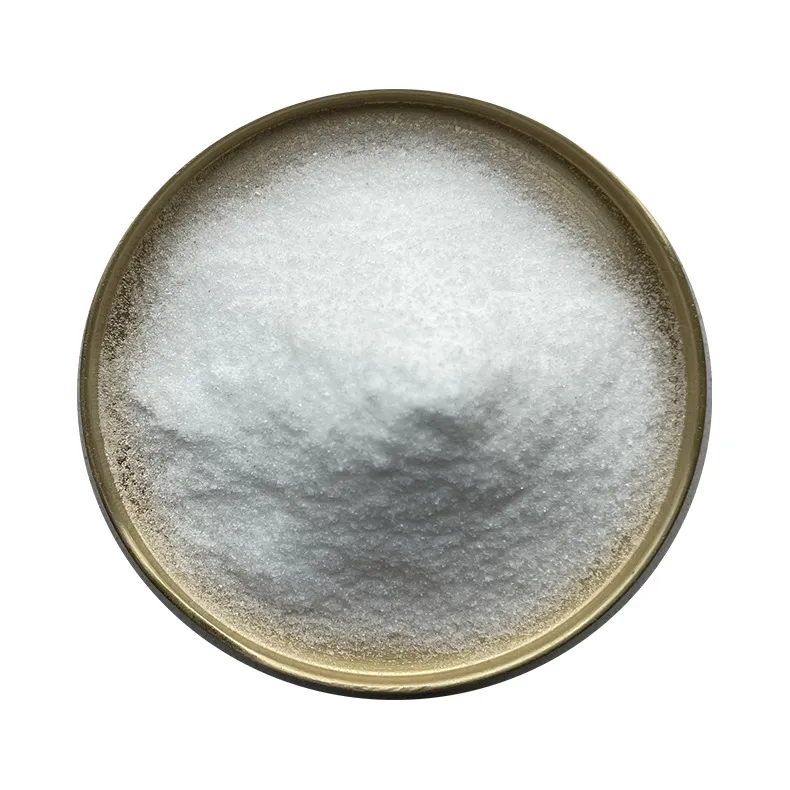Warning: Undefined array key "title" in /home/www/wwwroot/HTML/www.exportstart.com/wp-content/themes/1198/header.php on line 6
Warning: Undefined array key "file" in /home/www/wwwroot/HTML/www.exportstart.com/wp-content/themes/1198/header.php on line 7
Warning: Undefined array key "title" in /home/www/wwwroot/HTML/www.exportstart.com/wp-content/themes/1198/header.php on line 7
Warning: Undefined array key "title" in /home/www/wwwroot/HTML/www.exportstart.com/wp-content/themes/1198/header.php on line 7
- Afrikaans
- Albanian
- Amharic
- Arabic
- Armenian
- Azerbaijani
- Basque
- Belarusian
- Bengali
- Bosnian
- Bulgarian
- Catalan
- Cebuano
- China
- China (Taiwan)
- Corsican
- Croatian
- Czech
- Danish
- Dutch
- English
- Esperanto
- Estonian
- Finnish
- French
- Frisian
- Galician
- Georgian
- German
- Greek
- Gujarati
- Haitian Creole
- hausa
- hawaiian
- Hebrew
- Hindi
- Miao
- Hungarian
- Icelandic
- igbo
- Indonesian
- irish
- Italian
- Japanese
- Javanese
- Kannada
- kazakh
- Khmer
- Rwandese
- Korean
- Kurdish
- Kyrgyz
- Lao
- Latin
- Latvian
- Lithuanian
- Luxembourgish
- Macedonian
- Malgashi
- Malay
- Malayalam
- Maltese
- Maori
- Marathi
- Mongolian
- Myanmar
- Nepali
- Norwegian
- Norwegian
- Occitan
- Pashto
- Persian
- Polish
- Portuguese
- Punjabi
- Romanian
- Russian
- Samoan
- Scottish Gaelic
- Serbian
- Sesotho
- Shona
- Sindhi
- Sinhala
- Slovak
- Slovenian
- Somali
- Spanish
- Sundanese
- Swahili
- Swedish
- Tagalog
- Tajik
- Tamil
- Tatar
- Telugu
- Thai
- Turkish
- Turkmen
- Ukrainian
- Urdu
- Uighur
- Uzbek
- Vietnamese
- Welsh
- Bantu
- Yiddish
- Yoruba
- Zulu
Sep . 12, 2024 04:35 Back to list
Aspartame Health
Aspartame Health Understanding the Controversy and Research
Aspartame, a low-calorie artificial sweetener, has been at the center of health discussions since its introduction in the 1980s. Found in thousands of products, from diet sodas to sugar-free gum and even some pharmaceuticals, aspartame has garnered significant attention for its potential health effects. As discussions around health and diet evolve, it’s essential to understand the science behind aspartame and the public's concerns.
Aspartame is composed of two amino acids phenylalanine and aspartic acid, along with a small amount of methanol. When consumed, it is broken down in the body into these components, which are naturally found in many foods. This breakdown process has led many health organizations, including the U.S. Food and Drug Administration (FDA) and the European Food Safety Authority (EFSA), to deem aspartame safe for human consumption at regulated levels.
Aspartame Health Understanding the Controversy and Research
In response to these concerns, numerous studies have been conducted. The majority of research suggests that aspartame is safe for the general population when consumed within the established acceptable daily intake (ADI) levels. The FDA has set this at 50 mg/kg of body weight, which translates to a considerable amount of sweetener for an average adult. For example, one would need to consume over 20 cans of diet soda in a single day to exceed this limit.
aspartame health

Nonetheless, individuals with a rare genetic disorder known as phenylketonuria (PKU) must avoid aspartame due to the high levels of phenylalanine it contains. For this group, even small amounts of aspartame can lead to serious health issues. As a result, products containing aspartame are required to carry warnings for those who may be affected.
The ongoing debate around aspartame is not solely based on scientific findings but is also influenced by public perception. Misinformation and sensational headlines can significantly shape consumer attitudes toward food additives. As a result, many people opt for natural sweeteners, believing them to be healthier alternatives. However, natural does not always equate to safe or better; some natural sweeteners also have significant health implications when consumed in excess.
As the body of research continues to grow, it is crucial for consumers to make informed choices based on credible evidence rather than fear or misconception. Engaging with trustworthy sources, such as health organizations and scientific studies, can help demystify aspartame and similar additives. Moderation remains key in any dietary choice, with a balanced approach to both natural and artificial sweeteners.
In conclusion, while aspartame has been deemed safe by numerous health authorities, ongoing research and public anxiety underscore the necessity of vigilance and education regarding food additives. Consumers should remain informed and seek clarity amidst the noise, ultimately aiming for a balanced diet that suits their individual health needs and preferences.
Latest news
-
Certifications for Vegetarian and Xanthan Gum Vegetarian
NewsJun.17,2025
-
Sustainability Trends Reshaping the SLES N70 Market
NewsJun.17,2025
-
Propylene Glycol Use in Vaccines: Balancing Function and Perception
NewsJun.17,2025
-
Petroleum Jelly in Skincare: Balancing Benefits and Backlash
NewsJun.17,2025
-
Energy Price Volatility and Ripple Effect on Caprolactam Markets
NewsJun.17,2025
-
Spectroscopic Techniques for Adipic Acid Molecular Weight
NewsJun.17,2025

